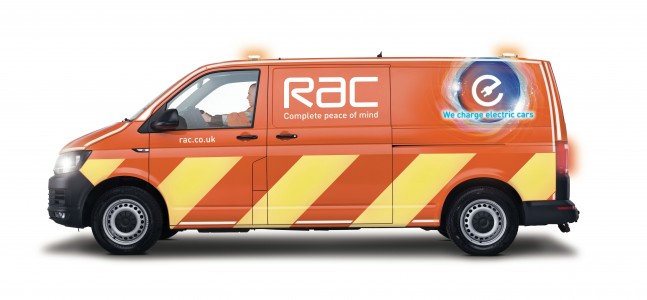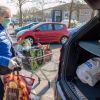The pandemic has thrown up many changes to daily life, many of which are discussed in this year’s Report on Motoring.
With fears around Covid transmission continuing to put people off using public transport, the car is now more essential than ever in enabling people to get around safely, conveniently and affordably. The Report also makes it clear that leisure travel by car will be greater, in the short term at least, due to the ongoing limitations around international travel.
While drivers feel having access to a car is even more important, our findings suggest there’s going to be a change in the types of journeys we make. With an increased emphasis on flexible working, the tradition of commuting five days a week by car looks like it will come to an end as a growing proportion of drivers say they are likely to commute far less in their vehicles in the future. But with international travel still somewhat limited, leisure travel by car in the UK will be greater, in the short term at least.
Although driving habits have changed and are set to change even more, there is a consensus among politicians that now, more than ever, is the time to improve the environment and clean up our air. Our research shows that drivers want this too as concerns about the environmental impact of motoring have more than doubled since 2016. The number of drivers stating they will opt for a plug-in vehicle as their next car now surpasses those that plan to acquire a diesel – a finding that’s supported by new pure electric car registration figures for 2021 already exceeding 50,000, even before the middle of the year.
As the UK’s biggest breakdown company, we are leading the way in catering for the accelerating transition to electric cars, including by developing new equipment to ensure we are able to help EV drivers who encounter difficulties. RAC EV Boost is a unique lightweight, emergency charging system, which we have pioneered in partnership with a British engineering company, to give out-of-charge EVs sufficient boost to reach a charging point. By the end of 2021, more than 200 RAC patrol vans will be equipped with this game-changing device. Alongside this, our unrivalled All Wheels Up rapid recovery system has been fitted to the majority of our vans enabling our patrols to safely tow EVs and other heavier vehicles, with all four wheels off the road, and without customers having to wait for a separate recovery truck, saving them valuable time.
We’re also encouraging and stimulating EV take-up among consumers and fleet managers. We're offering everything they need to make the switch – from straightforward advice from our ‘Electric Experts’ helpline to getting a home charger installed, together with a highly competitive electricity tariff designed for EV drivers, thanks to our partnership with British Gas. This extends to our corporate partners where we’re supporting fleets and OEMs with the transition, providing EV call centre support for drivers and dealerships, and specialist mobile high-voltage engineers
In addition to the unprecedented pace of change in the automotive industry as it strives to move away from the internal combustion engine to zero-emission powertrains, the Report on Motoring also highlights a number of other important issues that urgently require the Government’s attention. Sadly, there is still widespread dissatisfaction with the condition and maintenance of our local roads, alongside growing worries about the safety of our newest roads – all lane running smart motorways.
The RAC has a proud tradition of adapting to the challenges faced by drivers to give them complete peace of mind in their everyday motoring lives, but we are also extremely mindful of our role in highlighting both current and emerging issues in driving and mobility to those in positions who are able to address them and bring about positive change. I believe the findings in this year’s Report do just that as they are thought-provoking, challenging and full of opportunity for those like RAC who embrace the changes ahead. I hope you agree.






